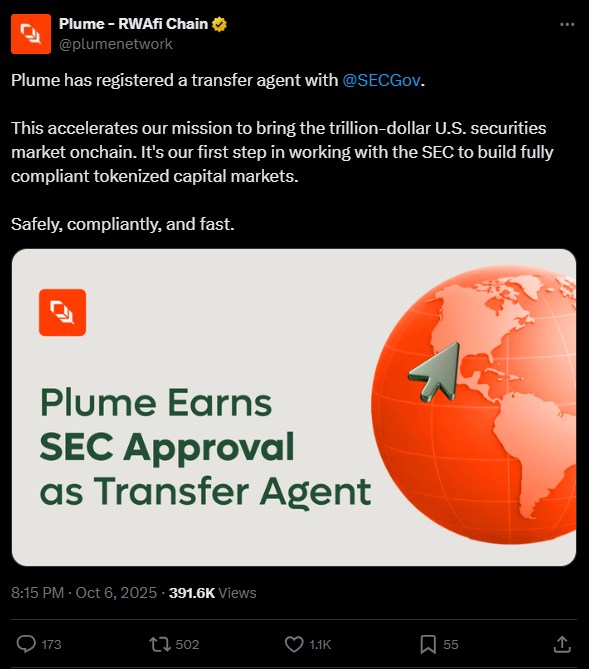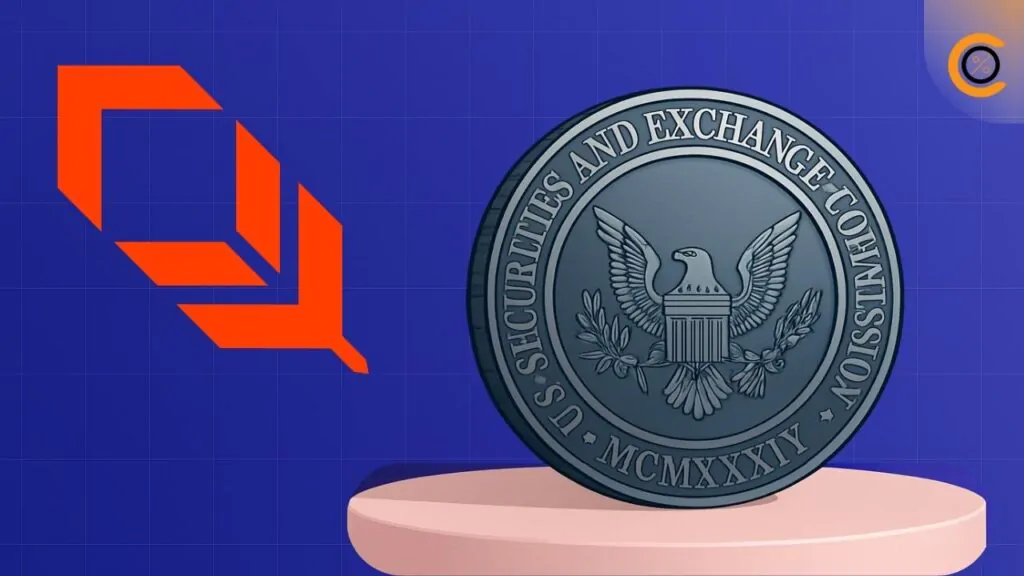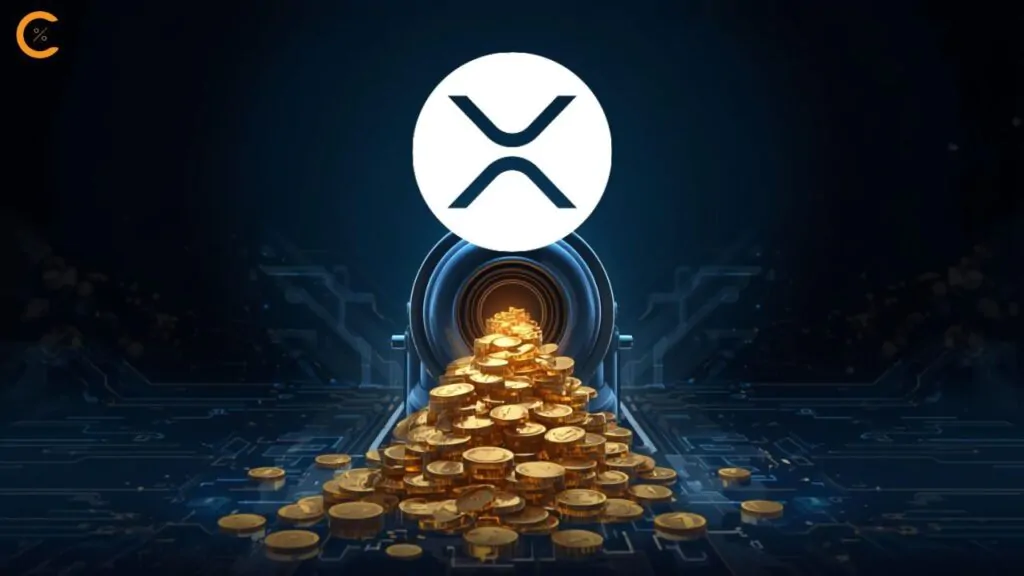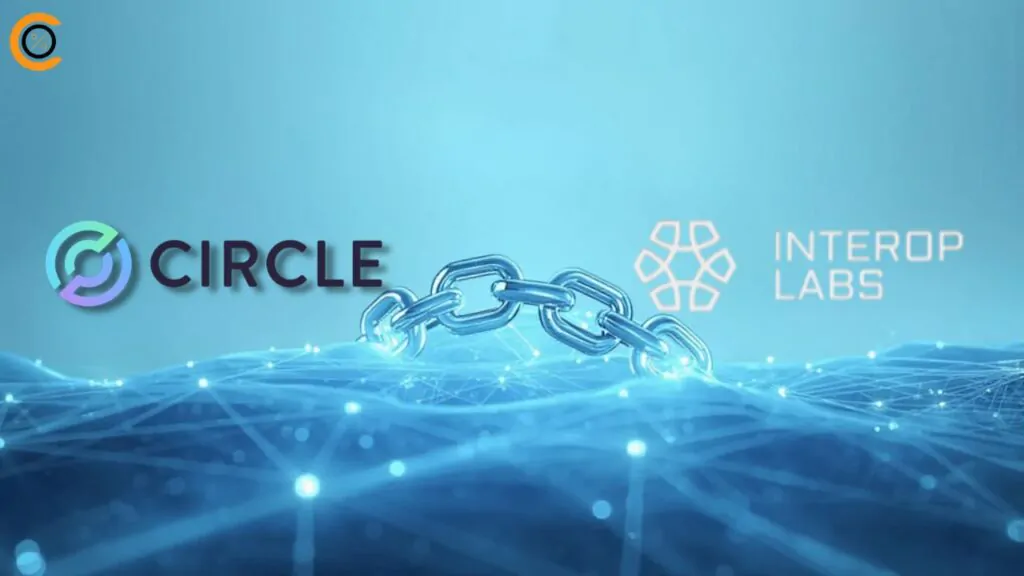- •Plume Network has registered as an SEC transfer agent, allowing it to manage and automate tokenized securities under U.S. law.
- •The registration supports bringing U.S. securities onchain by handling cap tables, ownership transfers, and corporate actions with direct reporting to SEC and DTCC systems.
- •Plume reports $62 million in tokenized assets via Nest Credit and previously raised $20 million, positioning it for regulated RWA infrastructure growth.
Plume Network has officially registered as a transfer agent with the U.S. Securities and Exchange Commission (SEC), marking a milestone in its mission to bring traditional financial assets onchain. This recognition gives the blockchain platform legal standing to manage tokenized securities under U.S. law, bridging the gap between regulated finance and decentralized systems.
Announced via Plume’s official X account, the company described this as its “first step” in collaborating with the SEC to build fully compliant tokenized capital markets. As a layer-2 blockchain built for real-world assets (RWAs), Plume aims to streamline the management and issuance of securities through blockchain automation, safely, compliantly, and fast.
The SEC’s acknowledgment allows Plume to perform essential back-office functions in a digital environment. Traditionally, transfer agents maintain shareholder registries, process ownership transfers, and oversee corporate actions. Now, Plume intends to replicate those operations onchain, connecting cap tables and reporting systems directly to regulatory and settlement infrastructures such as the Depository Trust and Clearing Corporation (DTCC).

Bridging TradFi and Blockchain
This registration places Plume among the growing group of blockchain platforms pursuing regulatory pathways for tokenized finance. The company believes that compliance is essential for institutional trust, especially when dealing with large-scale securities issuances and asset management.
According to Plume co-founder and CEO Chris Yin, the firm’s goal is to expand tokenization beyond short-term yield instruments and into broader equity and fundraising mechanisms. Speaking at Token2049 in Dubai, Yin compared the current RWA phase to Bitcoin’s early adoption years, gradual but transformative once critical value is demonstrated.
He explained that while today’s tokenized markets largely focus on U.S. Treasury bills and private credit products, the underlying potential is much larger. Tokenization could redefine how companies raise capital and how investors interact with assets, creating more transparency in ownership and governance.
This latest move also follows Plume’s $20 million funding round in December, backed by Brevan Howard Digital, Huan Ventures, and Galaxy Ventures. The company has since reported facilitating over $62 million in tokenized assets through Nest Credit, its fixed-income vault tailored for institutional investors.
Also read: BitMine Expands Ethereum Holdings to $13 Billion
What This Means for Tokenized Capital Markets
Plume’s SEC registration could signal a turning point in the evolution of compliant digital asset infrastructure. By integrating regulatory oversight with blockchain efficiency, it sets a precedent for how tokenized securities can function within existing U.S. financial frameworks.
The development also arrives as the SEC reviews potential rule changes that might allow traditional equities to be tokenized and traded on crypto exchanges. If implemented, these measures could further accelerate institutional adoption of blockchain-based securities, a trend many view as the natural next phase of real-world asset tokenization.
In essence, Plume Network’s SEC transfer agent status represents more than compliance; it’s a bridge between the old and the new, where capital markets could soon operate transparently, instantly, and onchain.







